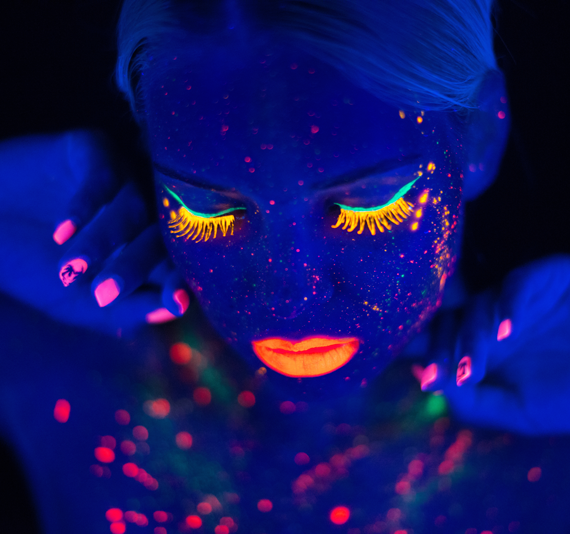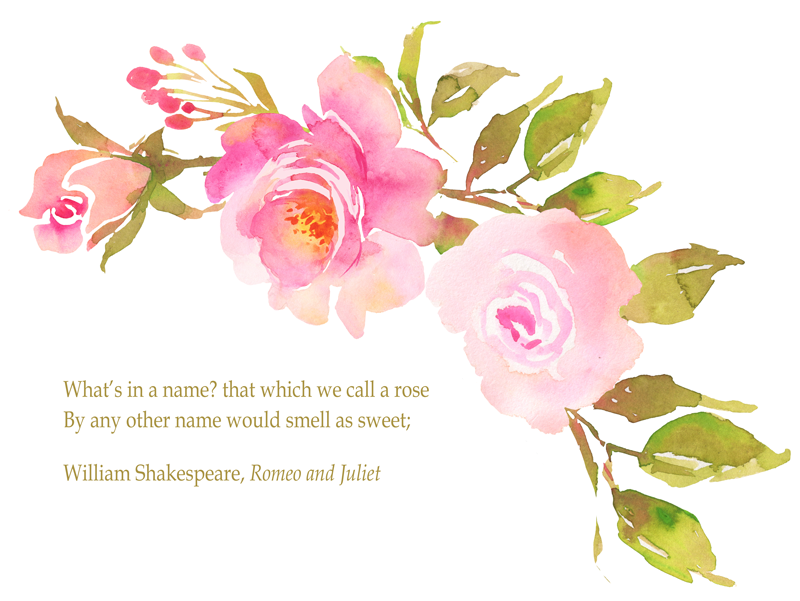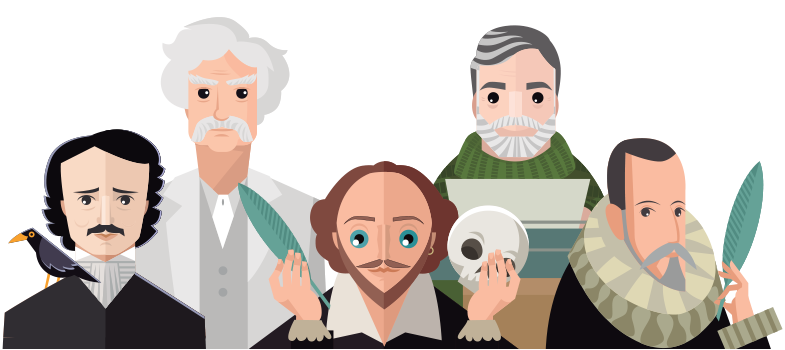
But first … a Goodreads giveaway.
The advanced reader copies (ARCs) for Stars Uncharted arrived at the editor’s office the other day. We haven’t seen them yet, but our editor says they look good.
Then, lo and behold, Sherylyn is searching Goodreads and what does she see? A giveaway. ARCs for Stars Uncharted. The Ace marketing department is on the ball. And they’re giving away lots of copies.
So, if you want to read an advanced copy of Stars Uncharted, head over to Goodreads and enter the giveaway. They’re giving away 30 copies, so the odds are good.
The giveaway ends on 1 March. Go for it.
And second
Warning: Australian spelling. Colour is one of those words that can jar when you see it spelt with a u if you’re not used to it. The u is meant to be there. (Remember, grey is a colour, but gray is a color. :-))
The internet is a writer’s research paradise
Back in my early working days I worked on online shopping software for a hardware company. It was an old green-screen program, with a modem that plugged into the phone line. (Showing my age here.) I forget how the whole thing worked, all I know is that the buyer logged into the computer, dialled the hardware company’s computer, connected, and then laboriously loaded their order in.
Sometimes the phone line dropped out part-way through. When that happened, the poor buyer had to dial back in and start the whole process again.
Even I, working in the computer industry, wondered if online shopping would ever take off.
Look at us now, buying books and other things online with one click.
Online shopping is wonderful, of course, but there’s another part of the world wide web that is a writer’s paradise.
Research.
In the second Stars Uncharted book we have a character who can see into the infrared and ultra violet spectrums.
Where do we start even thinking about what he might see?
Once upon a time we’d have hit the libraries. Not just the local library, either, but some of the university libraries. It would be a long and arduous process.
Now we hit the internet first.
Yes, there is a lot of incorrect information on the internet, but it’s a great starting point for research. People put some amazing stuff on there. Especially the science. And the architecture, and the pictures of places, and the … I could go on forever. There is so much good information, good images, good detail.
I mean, look at this amazing post, 10 Examples of How Animals See – Images That Show Us The World Through Their Eyes. By Morgans Lists*
This is exactly the sort of research we need for our book.
What did we get out of this?
If our guy can see fully through the visible spectrum and into ultra violet and infrared, how might he do it? (He’s been modded. Modding is introduced in Stars Uncharted.)
Here’s what we got just from the Morgans List article above.
- Birds are tetrachromats. Their four types of cone cells let them see red, green, blue and ultra violet together
- Dogs only have two cones, blue and yellow but not red and green. Their vision can be compared to a human who is colour blind
- Mantis shrimps use a set of filters to separate ultraviolet light into discrete colours that get picked up by the animal’s photoreceptors
- Bees have colour receptors for blue and green but also for the UV spectrum
There is so much information here.
From here we look up rods and cones and photoreceptors, and the information expands.

How much research is enough?
Yes, even soft science fiction requires research.
It’s a rabbit hole, and it’s easy to fall into a research heaven and reader hell.Putting all that lovely research into your book, because it’s interesting, and because you know it now.
That’s why, nowadays, when writing the first draft of a book we stop at the internet research.
We make notes on what we think is important, but enough is enough. Later on, once the book is closer to completion, we go over some of the science to be sure it’s as correct as we can make it. Talk to experts, if we can. Research more.
Science fiction still needs to make that leap from science to fiction
You can research as much as you like, but somewhere along the way, as a science fiction writer, you have to make the leap that takes you away from real science into the science fiction.
We did that with Stars Uncharted.
Elements high in the periodic table are unstable. They take massive equipment to generate, and they only last for a fraction of a second. But there’s a theory called the island of stability, where the protons and neutrons in the atoms balance (magic numbers) and remain stable, meaning that the element might remain stable too.
You won’t find the island of stability or magic numbers in Stars Uncharted (at least, I don’t think you will), but it was such a cool idea. We had to use it.
* Morgans Lists—it’s not clear if Morgans Lists the name of the site or the name of the author. Apologies if I’ve failed to credit the author. (And if you are the author, let me know, because it’s a beautiful list.) The site is now on Google+.


